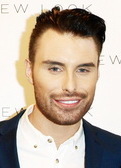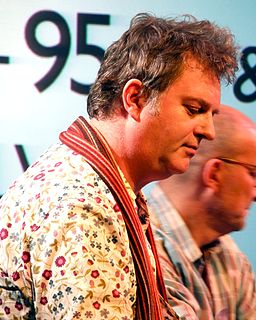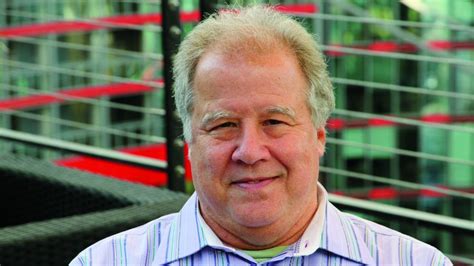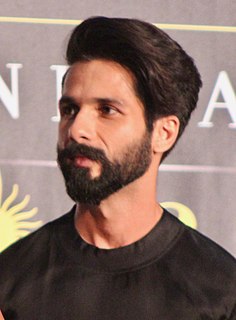A Quote by Pete Docter
Well, the film initially - we had decided to pair joy with fear because I don't know about you - for me fear was a major motivator in junior high. So we thought there's probably some good stuff there... As the film went on, we had developed all these great scenes that were really funny, but in the third act, it wasn't adding up to anything.
Related Quotes
I met Michael Snow and Stan Brakhage the second day after I arrived, you know. I had never seen or heard of Brakhage. For me, it was a revolution, because I was well educated in film, but American-style experimental film was known to me in the abstract, and I had seen practically nothing. I had seen a film then that Noël Burch had found and was distributing called Echoes of Silence. It was a beautiful film, three hours long. It goes forever and it was in black and white, very grainy, and I saw that film and I thought...it was not New Wave. It was really a new concept of cinema.
In 2013, I had to do 'The Wright Stuff' on about an hour's sleep. I was asked, 'What do you make of the situation in Mali?' and I said, 'Well, I've not seen the film but I know the dog dies in the end.' They were talking about the civil war, and the whole audience took an inward breath. I thought, 'Should I not have revealed the end of the film?'
I decided to be a filmmaker between my sophomore and junior years at Morehouse. Before I left for the summer of 1977, my advisor told me I really had to declare a major when I came back, because I'd used all my electives in my first two years. I went back to New York and I couldn't find a job. There were none to be had. And that previous Christmas someone gave me a Super-8 camera, so I just started to shoot stuff.
When I started I had no knowledge of films whatsoever. I was an engineering major at Stanford. And I found out as a senior that they had two film critics on the Stanford Daily, and they got free passes to all the theaters in Palo Alto. So I thought, I'll do that, and I became a film critic. And then I became interested in films. But I had no time to study anything in that area because I was a senior, just finishing up as engineering.
There's something magical about film, it's the ultimate for me, because it's kind of permanent - inasmuch as anything is. When I went to see Buster Keaton when I was about 14 and I came out of the cinema having really laughed at this film which had been made 50 years before, I thought: That's immortality. It's fantastic.
I got into television criticism because I thought it would be easier than film criticism. Film, you had to know 100 years of history, and TV you only had to know 40 when I started. And I thought, "Well, that's going to be so much easier." But film stayed pretty much the same. And television has changed so many times that my head hurts. So I made the wrong call there.
I had written three books [Games of Throne], at that point, and each one of them was better than the other. At a certain point, as the books were doing well, I started getting interest from Hollywood, from various producers and studios who were initially interested in doing a feature film. I met with some of those people and I had phone conversations with some of those people, but I didn't see it being done as a feature film.
We had a great producing staff and great filmmakers, but for me, my mission , as a producer, was to make sure that the creators were happy with the film Death Note and that their voices were heard. I felt, if the creators were proud and happy with the film, then in turn, the fans would be proud and happy with the film because the creators know the fan base, inside and out.
We are living in a world of fear. The life of man today is corroded and made bitter by fear. Fear of the future, fear of the hydrogen bomb, fear of ideologies. Perhaps this fear is a greater danger than the danger itself, because it is fear which drives men to act foolishly, to act thoughtlessly, to act dangerously...
I thought I was okay in my first film, and then I was really, really bad in some films. I really cringe when I see some of my scenes. There's a scene in one film where a dog is biting me; the expressions I have made should be qualified as the most over-acted scene in the history of the cinema. The dog's expressions were more real than mine.






































